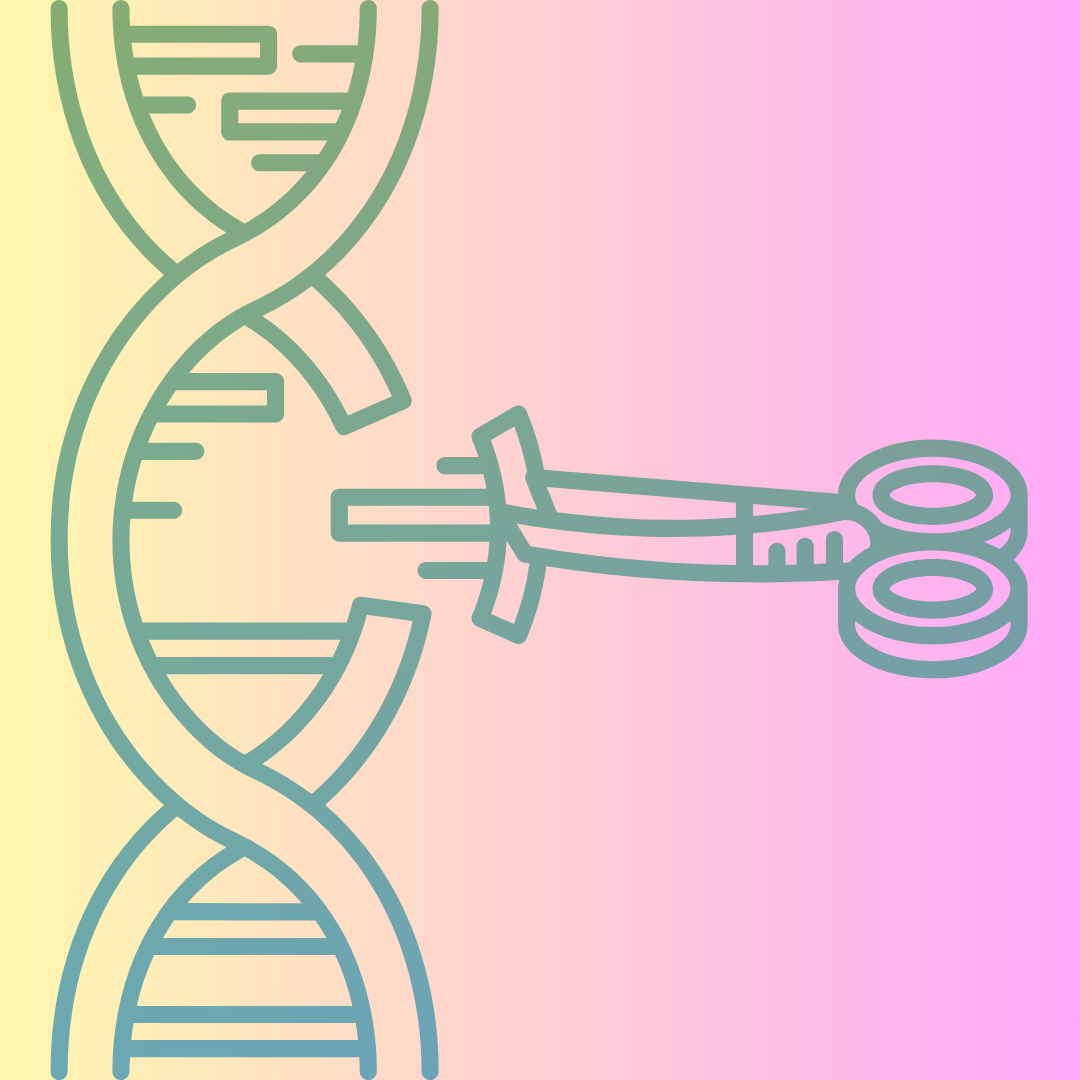Beyond gene-edited babies: the possible paths for tinkering with human evolution
By Antonio Regalado,
MIT Technology Review
| 08. 22. 2024
In 2016, I attended a large meeting of journalists in Washington, DC. The keynote speaker was Jennifer Doudna, who just a few years before had co-invented CRISPR, a revolutionary method of changing genes that was sweeping across biology labs because it was so easy to use. With its discovery, Doudna explained, humanity had achieved the ability to change its own fundamental molecular nature. And that capability came with both possibility and danger. One of her biggest fears, she said, was “waking up one morning and reading about the first CRISPR baby”—a child with deliberately altered genes baked in from the start.
As a journalist specializing in genetic engineering—the weirder the better—I had a different fear. A CRISPR baby would be a story of the century, and I worried some other journalist would get the scoop. Gene editing had become the biggest subject on the biotech beat, and once a team in China had altered the DNA of a monkey to introduce customized mutations, it seemed obvious that further envelope-pushing wasn’t far off.
If anyone did create an edited baby...
Related Articles
By Mary Annette Pember, ICT News [cites CGS' Katie Hasson] | 04.18.2025
The sight of a room full of human cadavers can be off-putting for some, but not for Haley Omeasoo.
In fact, Omeasoo’s comfort level and lack of squeamishness convinced her to pursue studies in forensics and how DNA can be...
Gray wolf by Jessica Eirich via Unsplash
“I’m not a scarcity guy, I’m an abundance guy”
– Colossal co-founder and CEO Ben Lamm, The New Yorker, 4/14/25
Even the most casual consumers of news will have seen the run of recent headlines featuring the company Colossal Biosciences. On March 4, they announced with great fanfare the world’s first-ever woolly mice, as a first step toward creating a woolly mammoth. Then they topped that on April 7 by unveiling one...
By Katrina Northrop, The Washington Post | 04.06.2025
photo via Wikimedia Commons licensed under CC by 3.0
China's most infamous scientist is attempting a comeback. He Jiankui, who went to jail for three years after claiming he had created the world's first genetically altered babies, says he remains...
By Anumita Kaur [cites CGS’ Katie Hasson], The Washington Post | 03.25.2025
Genetic information company 23andMe has said that it is headed to bankruptcy court, raising questions for what happens to the DNA shared by millions of people with the company via saliva test kits.
Sunday’s announcement clears the way for a new...




